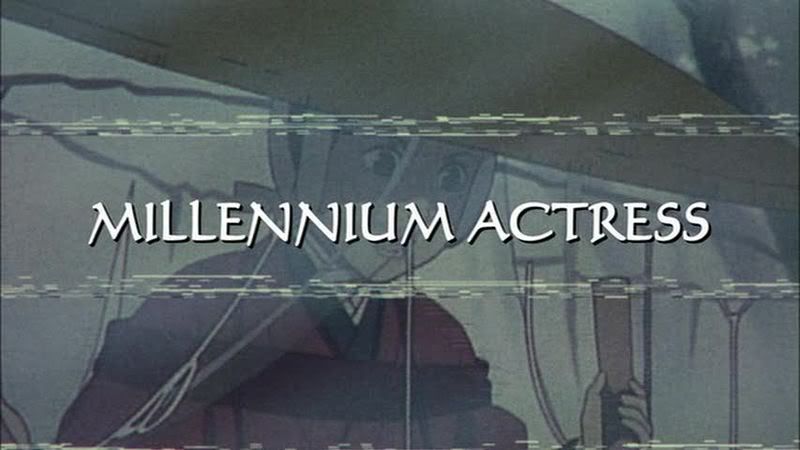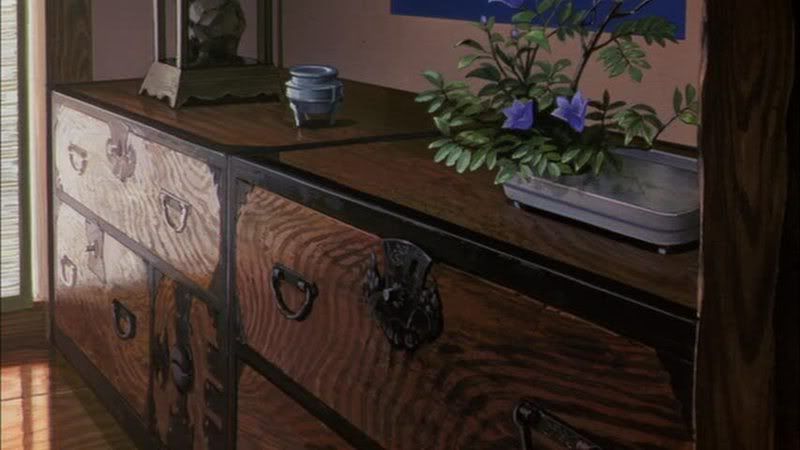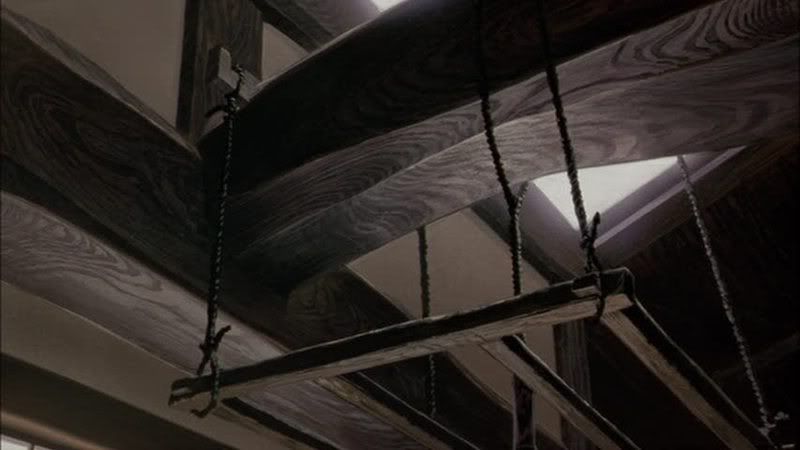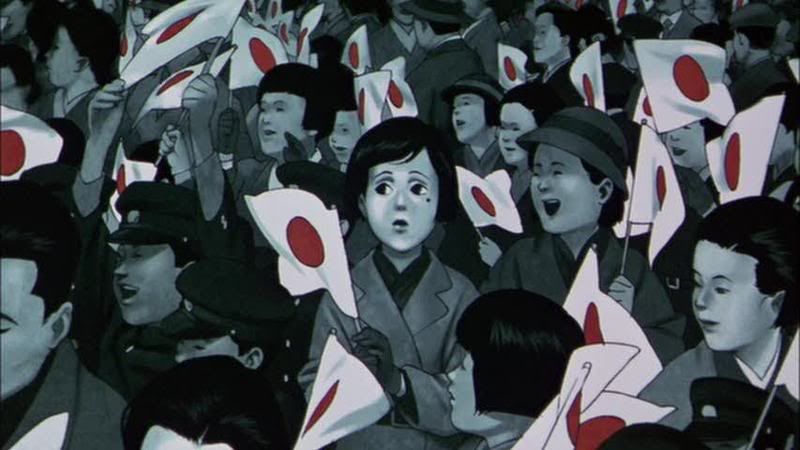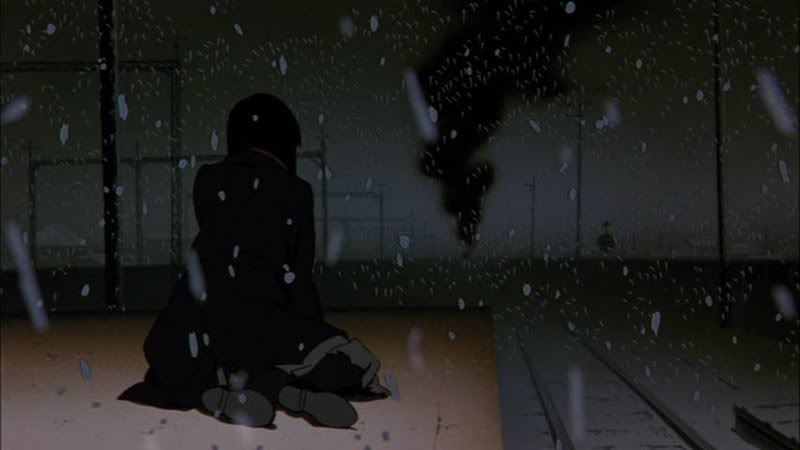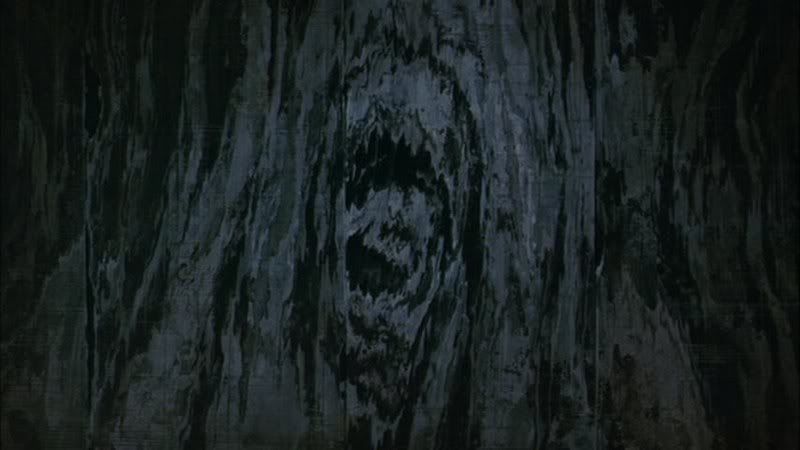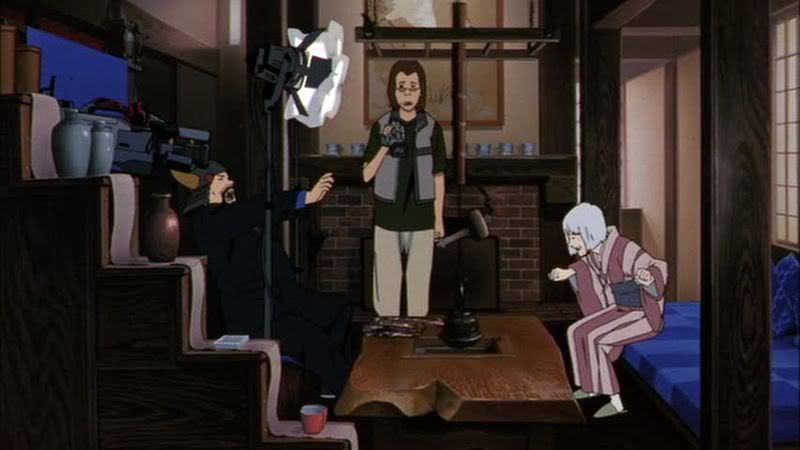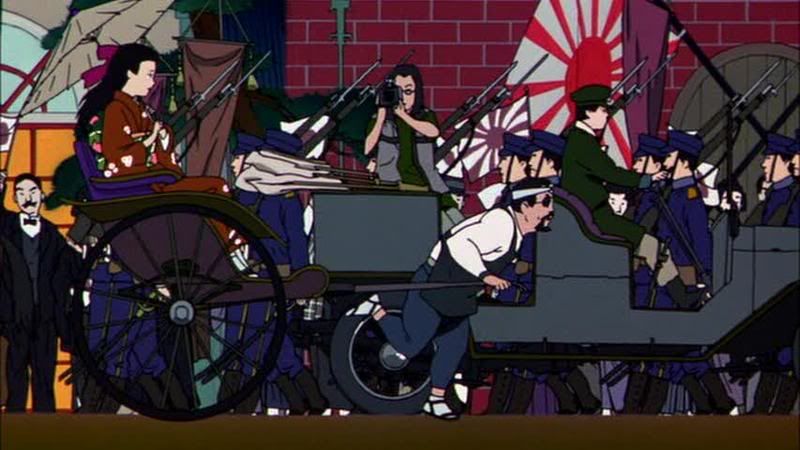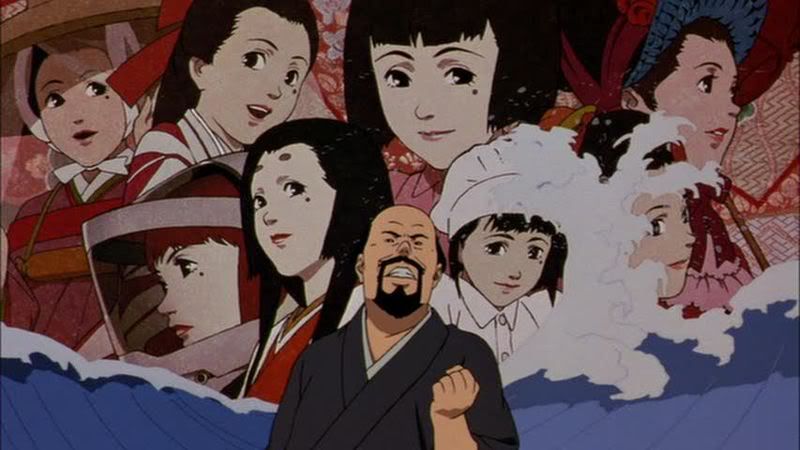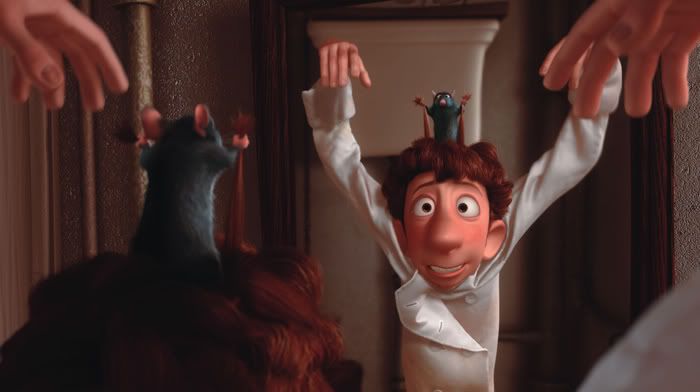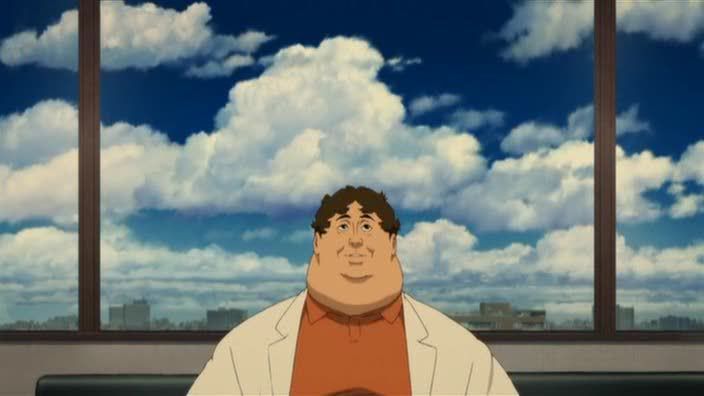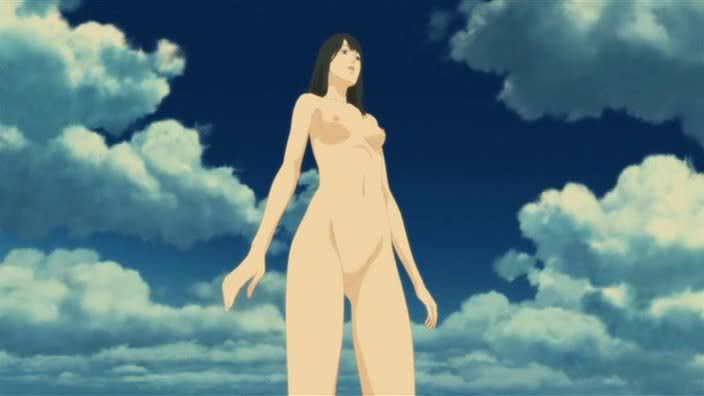Viewing Log #25: Get on the bus [12/14/09 - 12/20/09]
by Ryland Walker Knight
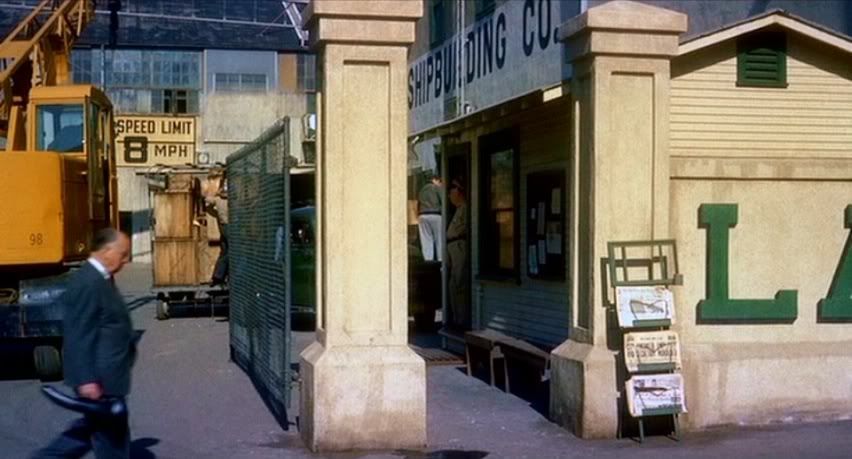

- North by Northwest [Alfred Hitchcock, 1959] # All in all, a gas. Simply one of the most fun movies of all time. And smart, too. Stanley Cavell would have you believe that this picture, by consistently referencing Hamlet, is Hitch telling you he's as good at making movies as Shakespeare was at writing plays. If you run with the idea that, as a film obsessed with performance, and whose plot spurs on from a poisoning at town's end, in a hamlet called Glen Cove, as we see "TOWNSEND" spelled on screen and pronounced "Towns-end" by Grant, then this makes sense.
- Paprika [Satoshi Kon, 2006] # Trippy and funny and scary, as ever. I still want Soft Pack to remix the opening credits song.
- Vertigo [Alfred Hitchcock, 1958] # Too bad the print was a 1996 restoration antique and some scenes were too dark. But, still, gorgeous and haunting, as ever. Danny said, "Every single shot is sad." And he's right. Jimmy-Scottie's the worst detective in the world and it shows right off the bat—he even says so!—"It's not my line..."—which makes us complicit in the worst case of not-seeing this side of Jim Crow. My entire body hurt walking out of this one this time.
- Avatar [James Cameron, 2009] More to come in a dedicated post both for the simple fact that it might garner some traffic and also because I thought the thing was, well, kind of awesome. And, just watch, it'll win Best Picture. [click here]
- Au hasard Balthazar [Robert Bresson, 1966] # Sometimes I feel compelled to immediately watch some Bresson after some Hitchcock. Can't explain it. But this movie rules, duh. I fell asleep almost instantaneously.
- Marnie [Alfred Hitchcock, 1964] # Still so frightening. That shot of Marnie's mom ill-lit atop the stairs, beckoning her to dinner, gives me shivers as she struggles back down those stairs, one shuffle-grunt at a time. The print was beautiful. [A quick hit.]
- Law of Desire [Pedro Almodovar, 1987] # Genuinely sad and maybe Pedro's best movie. I continue to find it hilarious how America never understood the real treasure that is Antonio Banderas: he's completely crazy. There's a reason Pedro kept casting him as an amor loco. He's so pretty that you believe he's dumb enough to follow his heart to such idiotic, devoted, mostly unrequited ends each and every time.
- La guerre est finie [Alain Resnais, 1966] A dead-end, all dopey with dreams of revolution long since calcified; nobody works for good, or achieves much of it. All the game's a jumble. The young bend around anarchy and the old hold tight old night moves. Yves Montand just beds babes with a frown and talks around his life, one scene using one name and then another scene plying another name, eventually slipping nearer that grave he's evaded so long. His star, his guiding light so he says, is fading with the age. [Here's the final '09 recherche.]

